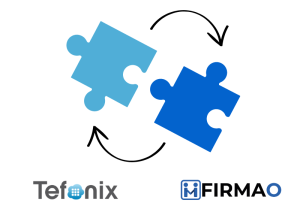
Being SMART is an acronym that stands for Specific, Measurable, Achievable, Relevant, and Time-bound. This concept is widely used in goal-setting and performance management, both in personal and professional contexts.
Here is a breakdown of what each letter in the SMART acronym represents:
- Specific: Goals should be clear and specific, avoiding vague or general statements. This helps to focus efforts and increase the likelihood of success.
- Measurable: Goals should be measurable, with clear metrics to track progress and determine success. This helps to establish accountability and evaluate performance.
- Achievable: Goals should be realistic and achievable, taking into account available resources, skills, and time. This helps to avoid setting unrealistic expectations and prevent frustration or burnout.
- Relevant: Goals should be relevant to the individual or organization’s broader objectives and priorities. This helps to ensure that efforts are aligned with strategic goals and add value to the overall mission.
- Time-bound: Goals should have a clear deadline or timeline, providing a sense of urgency and motivation. This helps to establish a sense of accountability and encourage progress.
By setting SMART goals, individuals and organizations can improve their ability to plan effectively, focus their efforts, and achieve meaningful results. Whether applied to personal or professional goals, the SMART framework provides a clear and practical approach to goal-setting and performance management.
Check out our CRM system that will help you improve your management in your company.
Follow our Facebook for more information.




